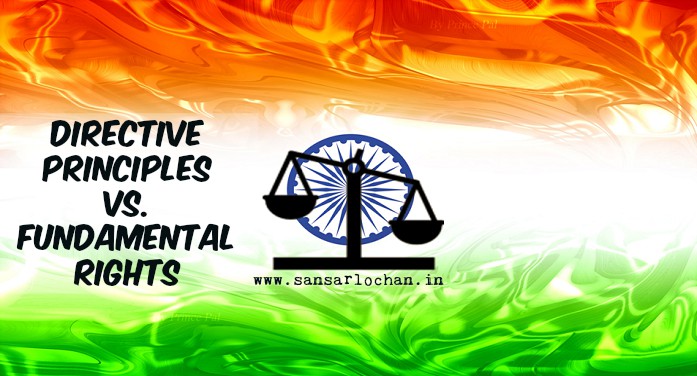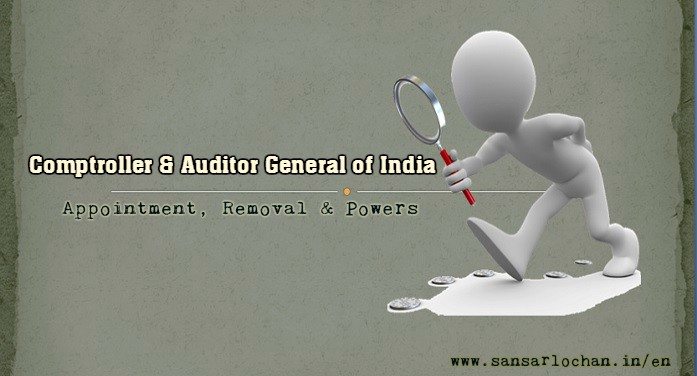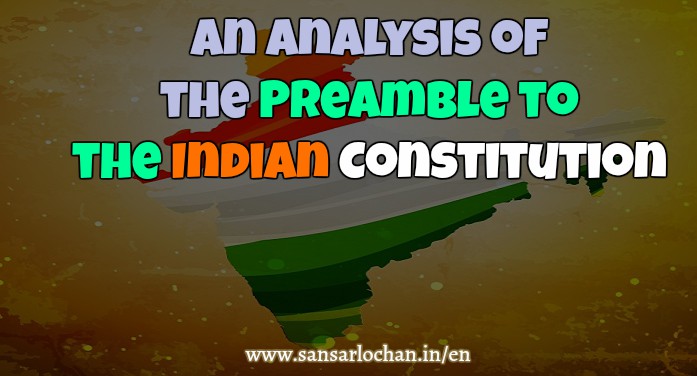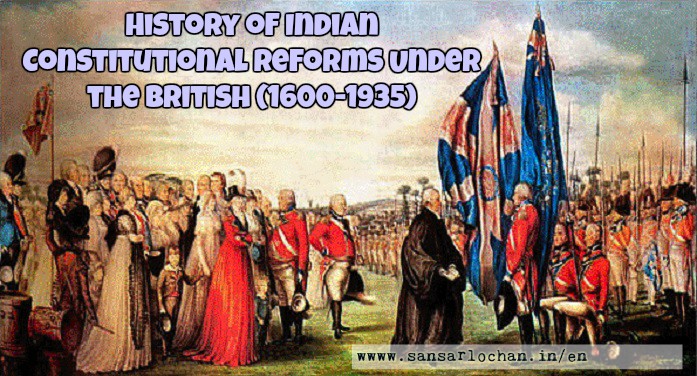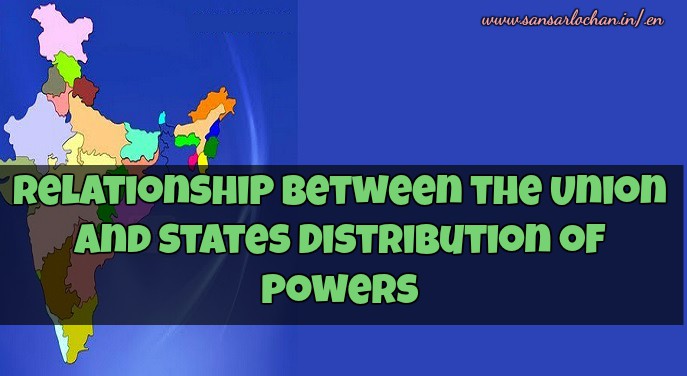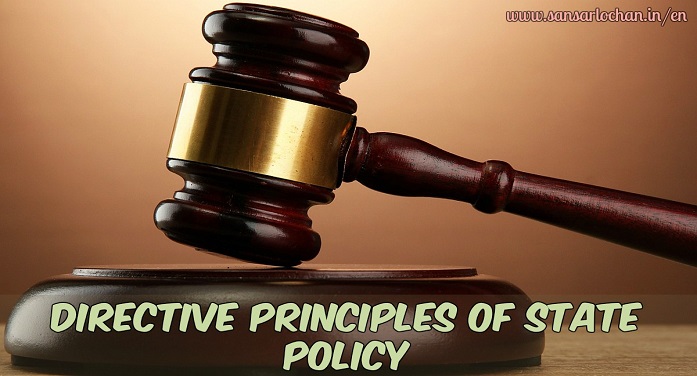The Consolidated Fund of India is created by inflow of tax funds and non-tax revenues to be paid to the Government. Loans raised by the Government are also received in this fund. The Govt. meets all its expenditures from this fund. No amount can be withdrawn from the fund without the authority of the Parliament. Contingency Fund of India is … Read More
[UPSC Mains] Questions on The Union Executive and The Union Legislature
In this post we are providing you a list of possible questions on The Union Executive and The Union Legislature. In UPSC Mains examination, you can face these types of questions from our Constitution. We must prepare short notes on the following questions as early as possible because UPSC Mains Exam is very near. Questions on The Union Executive Discuss … Read More
[UPSC Mains] Questions on Supreme and High Courts for IAS Mains
Here we are giving you a list of possible questions on Supreme and High Courts that UPSC may ask you in GS Paper 2 IAS Mains examination. Try to write answers in at least 200-300 words. Questions given below are prepared by our expert team as well as we have included here some of the previous years’ questions. Below are the questions which may … Read More
[UPSC Mains] Questions on Fundamental Rights for IAS Mains GS Paper 2
Hope you have already read our article on Fundamental Rights. Here we are giving you a list of possible questions on this topic that UPSC may ask you in GS Paper 2 UPSC Mains examination. Write answers of these questions in at least 200 words. The questions given below are shuffled assortment of questions asked in previous years as well those … Read More
10 Basic Differences between Directive Principles and Fundamental Rights
The Directive Principles of State Policy are let down in Part IV of the Constitution and Fundamental Rights are described in Part III thereof are both equally part of the Constitution. They are both equally meant to be fundamental in their concerned spheres. Yet in nature, objective and application they present a study in contrast. Well, there are few similarities between the Directive Principles and the Fundamental Rights … Read More
Comptroller & Auditor General of India – Appointment, Removal & Powers
The office of the Comptroller and Auditor-General of India may be traced back to the year 1857 when Lord Canning appointed for the first time an Accountant-General to the Govt. of India. Then the office grew in significance and gained independence of the Govt. of India in 1919 under Monftford Reforms when the Auditor-General came to be appointed by the … Read More
An Analysis of the Preamble to the Indian Constitution
The Preamble to the Indian Constitution is the starting point of the whole text of Constitution. It is an integral part of the same. It gives a glimpse of the process of thoughts which ran in the minds of the Constituent members. The Preamble proclaims that India shall be a democratic republic and its objectives shall be to ensure equality, … Read More
History of Indian Constitutional Reforms Under the British (1600-1935)
Since the days of East India Company, the outlines of administrative and political reforms began to appear. At the outset, these reforms were confined to the powers and jurisdiction of the Company. Subsequently, as the centre of power shifted to the Crown, the reforms attained a wider perspective and gradually influenced the entire area of British rule. The first such … Read More
Distribution of Powers between the Union and State Governments
The distribution of powers forms the core of the Indian Constitution. Executive authority in a federation is co-extensive with legislative competence. Provisions in the Constitution are there for spheres of activities of the Union and Constituent units. In India we had a federal constitution, wherein the residuary powers were mentioned in the 1935 Act. At the Round Table Conference they … Read More
List and Details about Fundamental Rights and Related Articles
The Indian Constitution follows the modern practice in laying down certain fundamental rights for the benefit of the citizens. This is a subject in which every citizen is interested and therefore the framers have adopted these rights for the achievement for which other countries have struggled for centuries together, while in India we have got them almost overnight. Part III deals with … Read More
